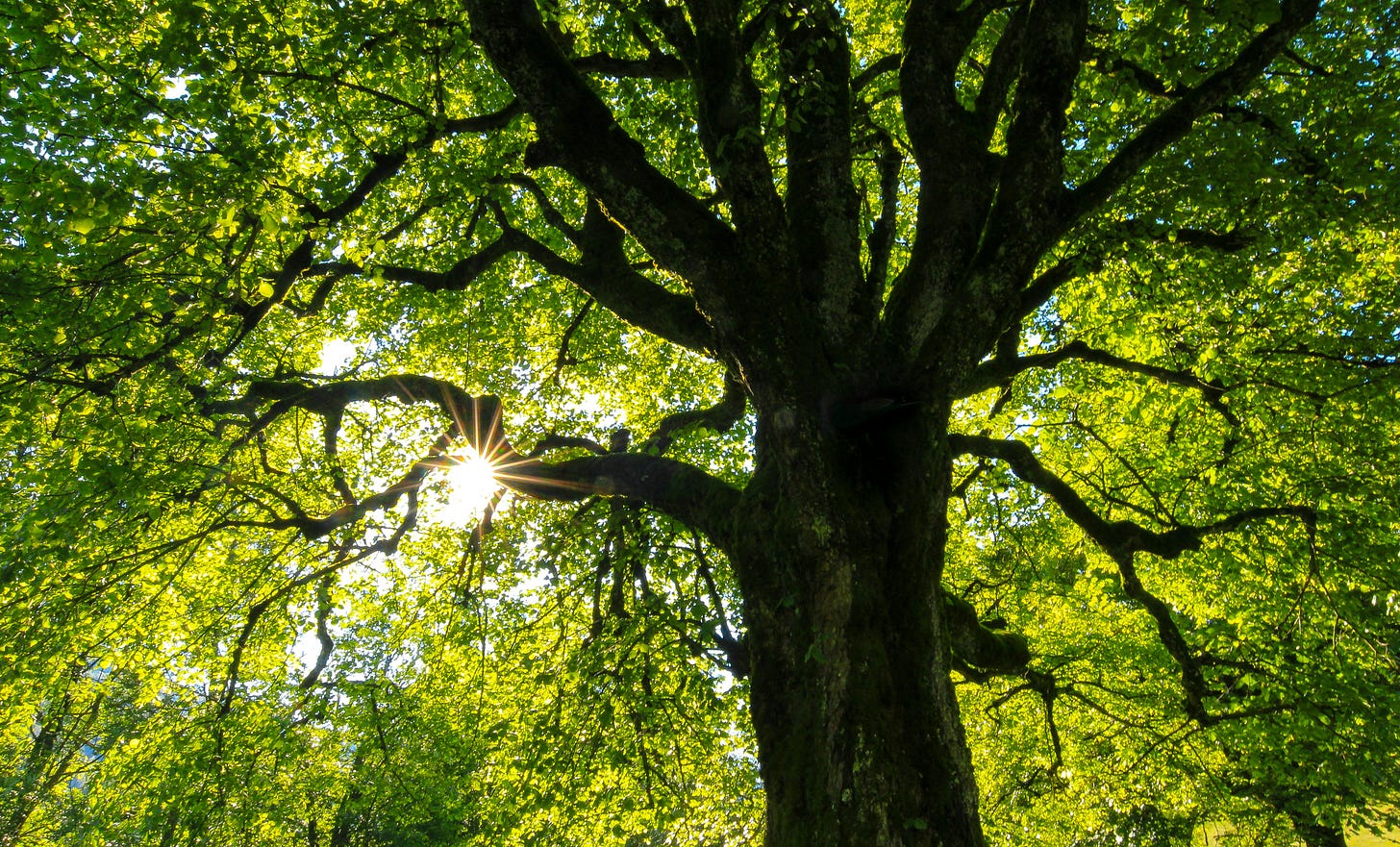It was my friend Kevin the Druid who first pointed out that ‘pagan’ simply means the opposite to ‘urban’. “It meant the countryside people, who, of course had their own beliefs about the things,” he said.
To be pagan, a countryside person, was to be superstitious in a way that an urban person apparently wasn’t. After all, there was plenty to be superstitious about, if your crops were wiped out due to too much, or too little, water, it would make sense to stay on the right side of any spirits that might control it.
At some point the word pagan became the opposite of ‘Christian’ - despite the fact that Christianity, at least in terms of Jesus’ early ministry, was a countryside affair. According to Mark, his earliest biographer, the majority of Jesus’ time was spent away from the centre of things. When, ultimately, Jesus made the move to the big city, things didn’t go well.
Not only does pagan relate to the countryside, so to does heathen. When people were sent off to ‘convert the heathens’ - they were sent to turn the country people into something different to what they already were. Heathen means people of the wild places - it’s closely related to the word ‘heath’ meaning an area of open land, which we still use today.
This divide, between town and country, isn’t related only to religious matters. There’s also the question of ‘civility’ - which is to say the opposite of being ‘rude’. To be rude means to be raw, to be wild, while civil, or civilised, comes from the Latin root of civilis, relating, ultimately to civis which means ‘citizen’ and of course, civitas which means ‘city’.
The idea that town>country has a long and destructive pedigree that predates the mass movement from rural settlements to towns and cities in the 19th century. As long as they have existed, cities were perceived as hot beds of progress, in opposition to the conservativism and risk averse nature of the countryside dwellers, who were, essentially perceived as a resource to be harvested: Raw materials or ‘bio fuel’ as Foucalt would later categorise it. And of course, ultimately, when the industrial revolution did take hold it was the ‘bourgeoisie’ which means the ‘burghers’ or ‘town dwellers’ who made the most of it.
The countryside, its people and their beliefs, have long been the object of scorn from civilised folk - which is to say people of the town. This truth is writ large in our language, our domestic history (Scottish history is particularly clear about this if you care to look), and the history of colonialism more generally.
To be continued…




Thanks Simon . I liked the easter reflection ..it all depends on how the writers saw it and what mechanism they used to to see it. That makes it more human , and of course does nothing to 'prove' anything. Likewise the pagan thoughts ..St Francis walked out of the walled city of Assisi and lived with the forest dwellers. The Italian walled cities ,like the few we have in the UK, are a very good symbol of the tension you so well describe . Thank you . Mike